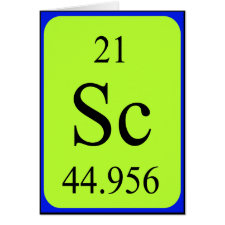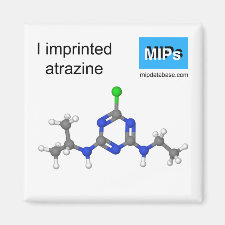
Authors: Zhou TY, Zhao Q, Zhao L, Liu HC, Wang B, Huang N, Ding J, Ding L, Li Y
Article Title: Molecularly imprinted polymers combined with membrane-protected solid-phase extraction to detect triazines in tea samples.
Publication date: 2018
Journal: Analytical and Bioanalytical Chemistry
Volume: 410
Issue: (21)
Page numbers: 5173-5181.
DOI: 10.1007/s00216-018-1171-y
Abstract: Spherical molecularly imprinted polymers (MIPs) were prepared by emulsion polymerization. The isothermal adsorption and selective adsorption indicated that the MIPs obtained exhibit excellent specific recognition for the template (atrazine) and its analogues. The MIPs were encapsulated in a polypropylene microporous membrane to fabricate MIP adsorption packages for the direct extraction of triazines in uncentrifuged and unfiltered tea extracts. The extraction conditions affecting the extraction efficiency, including the type and volume of extraction solvent, the number of MIP adsorption packages, the surface area of the MIP adsorption packages, the mass of MIPs in the MIP adsorption packages, the extraction time, the eluting solvent, and the eluting volume, were optimized. Under the optimal extraction and high-performance liquid chromatography-tandem mass spectrometry conditions, the method exhibited excellent linearity in the range from 0.5 to 250 ng g-1, with R2 ³ 0.9992. The detection limit of the method was 0.09-0.18 ng g-1. The intraday and interday relative standard deviations ranged from 3.1% to 7.5% and from 3.1% to 7.9%, respectively. The method was successfully used to detect triazines in five tea samples. At a spiking concentration of 2 ng g-1, satisfactory recoveries ranging from (81 ± 3)% to (104 ± 7)% were obtained. The membrane-protected solid-phase extraction method based on molecularly imprinted material is expected to be widely used to enrich triazines in complex samples
Template and target information: atrazine, triazines
Author keywords: molecularly imprinted polymer, triazines, Membrane protection, Solid-phase extraction, tea, emulsion polymerization



Join the Society for Molecular Imprinting

New items RSS feed
Sign-up for e-mail updates:
Choose between receiving an occasional newsletter or more frequent e-mail alerts.
Click here to go to the sign-up page.
Is your name elemental or peptidic? Enter your name and find out by clicking either of the buttons below!
Other products you may like:
 MIPdatabase
MIPdatabase









